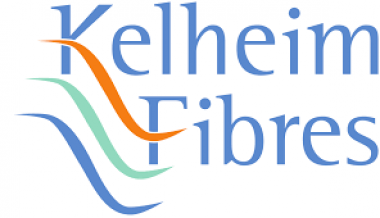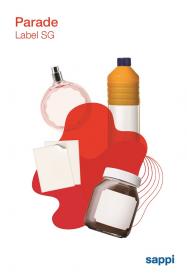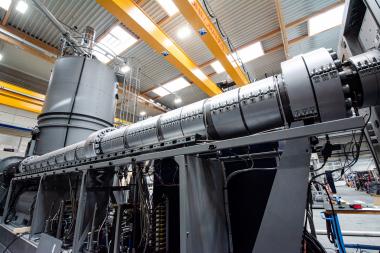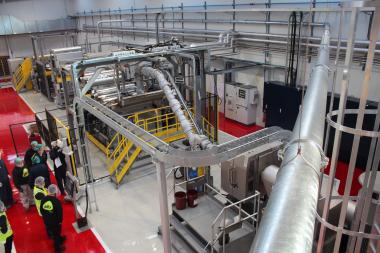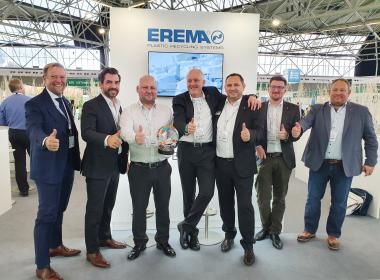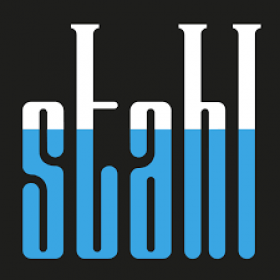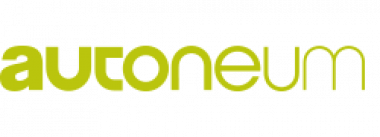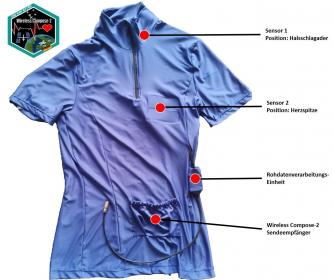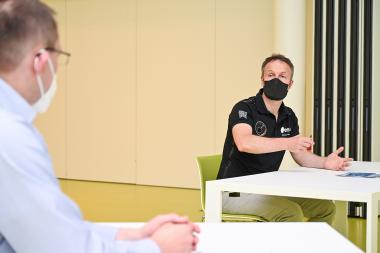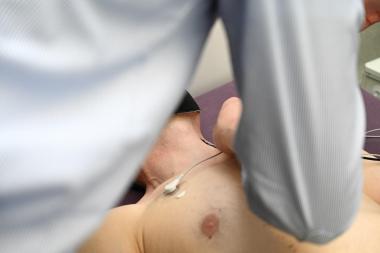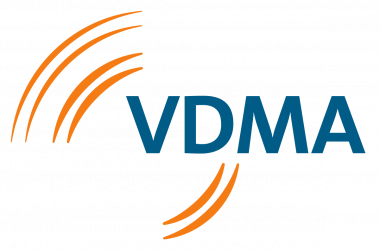Kelheim Fibres publishes first Sustainability Report
As part of their EMAS certification, the company has already been publishing an annual environmental statement since 2020, in which all relevant environmental data are available to the public. The Sustainability Report, which will also be published annually, goes one step further here - it covers not only the company's environmental performance, but also Corporate Social Responsibility as a whole.
Following this approach, the fibre experts have also created a new structure internally, which gives even more weight to the area of CSR: In future, all sustainability topics will be centrally integrated in the new CSR department (formerly HSE, Health, Safety & Environment) under the leadership of Wolfgang Ott.
Kelheim Fibres
Kelheim Fibres GmbH


